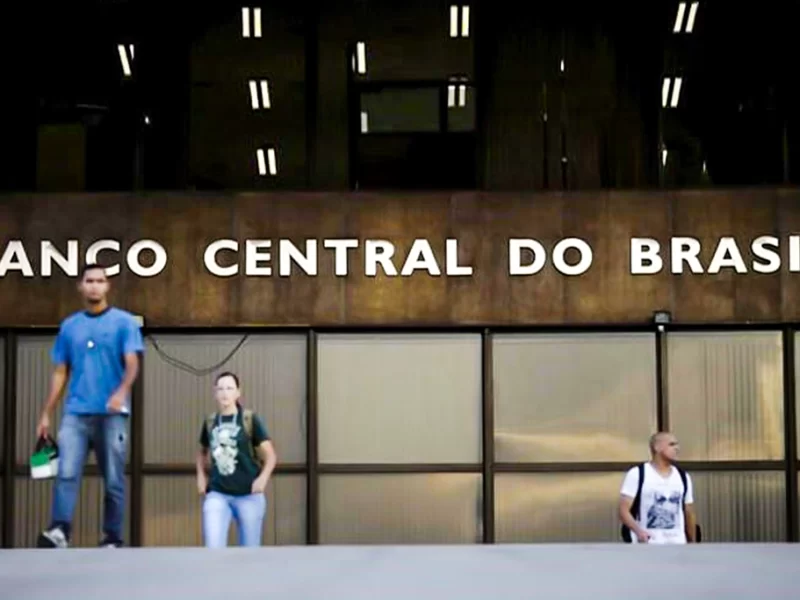The narrative of the decline of Christianity in Europe has long been accepted as fact. However, recent events paint a different picture. Across the continent, an increase in adult baptism and renewed interest in the faith challenges this assumption. This unexpected trend has attracted the attention of sociologists and religious leaders.
France is at the forefront of this revival. The country witnessed a remarkable 30% increase in adult baptisms from 2023 to 2024. The number rose from 5,463 to 7,135, defying predictions of religious decline. Teenage baptisms also saw a significant increase, almost doubling from 2,861 to 5,025 in the same period.
Belgium follows a similar pattern. The nation experienced a two-fold increase in adult baptisms over the past decade. The numbers rose from 186 in 2014 to 362 in 2024. This steady growth contradicts the notion of declining religious interest among Europeans.


Easter 2024 marked a historic moment for France. Over 12,000 individuals were baptized, setting a new record. This growth reflects a growing desire for spiritual connection and community. Young people between the ages of 18 and 25 represent an important part of this movement.
Revival extends beyond the traditional strongholds of faith. Both urban and rural areas report increases in religious commitment. A quarter of new converts come from non-religious backgrounds. Interestingly, 5% are of Muslim origin, indicating a wider shift in religious demographics.
Religious leaders see a thirst for leadership and belonging among new converts. This desire for spiritual anchoring contradicts the idea of a secularized Europe. It suggests a reassessment of the role of faith in modern society.
Revival of faith: Europe’s Christian revival defies expectations in 2024
Other European countries show similar signs of religious revival. Hungary hosted a massive evangelical rally, attracting 15,000 attendees. Italy saw an important apostolic conference in Rome, uniting a network of churches with 11,000 members.
The Netherlands witnessed an impressive turnout at the Pentecost “Opwekking” conference. 63,000 people attended in person, with another 700,000 participating online. This level of engagement indicates a strong interest in religious events.
France’s “March for Jesus” drew 25,000 participants to the Eiffel Tower. This public display of faith challenges the notion of the irrelevance of Christianity in modern Europe. Finland reported a doubling of religious practices among young people.
These developments suggest a complex religious landscape in Europe. The continent is experiencing a nuanced shift rather than a simple decline in confidence. Young people, in particular, seem to be driving this change.
The Surprising Shift of Gen Z: The Rediscovery of Traditional Christian Values
The reasons behind this revival are multifaceted. Some attribute it to the search for meaning in an uncertain world. Others see it as a reaction to the perceived emptiness of consumer culture. Whatever the cause, the trend challenges long-held assumptions about European secularization.
This revival of faith raises questions about its impact on European society. Will politics, social norms or cultural practices influence it? Only time will tell how this trend will shape the continent’s future.
As Europe faces various challenges, this religious revival adds another layer of complexity. It suggests that faith continues to play a role in shaping individual and collective identities. The coming years will reveal the full extent of this sudden spiritual awakening.



